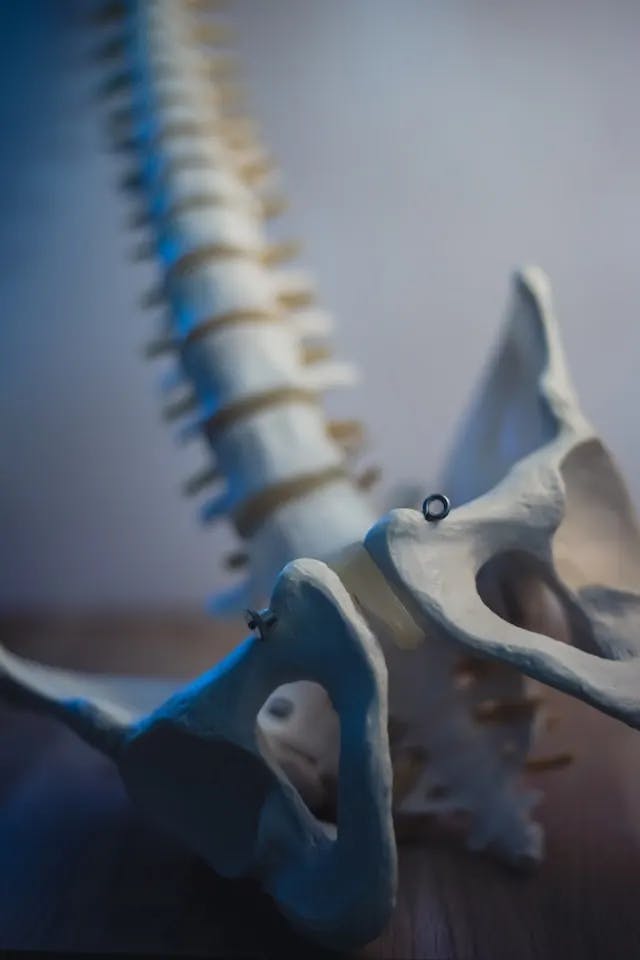Pregnancy Induced Body Changes That Can Impact Mental Health

The body changes in numerous ways when pregnant. Below are three common and often uncomfortable experiences in pregnancy that many don’t talk about and doctors don’t often check for and that can effect your mental health.
- Diastisis Recti, or separation of muscles along the midline of the abdomen. If not diagnosed and resolved, either by consistent exercise or surgery (in the extreme), diastsis recti can lead to chronic back pain, discomfort and distended belly. Chronic pain impacts mental wellbeing and many women struggle with how their new, postpartum body looks and operates, exacerbating body image issues. Ask your OBGYN to assess for diastases recti at your postpartum check up and request a referral to a physical therapist who can offer exercises for healing the separation.
- Vulvar Varicosities, or varicose veins in the vulva. The prevalence of vulvar varicosities ranges from 4% (in the general population that has a vulva) to 20% for pregnant people.1 Some individuals experience symptoms and others do not. For those who do, symptoms include pressure, pain, and discomfort in your vulva or upper thighs and lower back. Vulvar varicosities typically resolve on their own once baby is born, and pregnant individuals can try to limit symptoms by staying hydrated, limiting sitting, squatting, or standing for long periods of time, and wearing a support strap (essentially a jock strap for your vulva). If the vulvar variscosities do not resolve naturally after the baby is born, there are treatments you can discuss with your doctor.
- Carpal Tunnel Syndrome is caused by pressure on the median nerve, on the palm side of the wrist. Reported to effect up to 62% of the pregnant population,2 the increase in fluid retention creates pressure in the carpal tunnel, compressing the median nerve. Common symptoms of carpal tunnel include numbness and tingling in the thumb, index, middle and ring fingers, possible weakness in the hand and wrist, and symptoms often worsen at night. Symptoms due to pregnancy often abate after giving birth, however, many individuals complain of symptoms up to 3 years postpartum.3 There are many interventions to treat the symptoms of carpal tunnel and the earlier you intervene, the better, so tell your OBGYN if you’re experiencing any symptoms.
Often times, with attuned care, the above physical changes will resolve in the postpartum. If not treated, chronic discomfort and pain increases a person’s risk of developing depression, anxiety, and substance use disorders.4 Be sure to report any body changes and discomfort to your OBGYN. It will help to learn that you’re not alone in experiencing these changes, and you’ll also gain tools to manage these changes during pregnancy and into the postpartum period, as well as reduce your risk for developing mental health issues.




